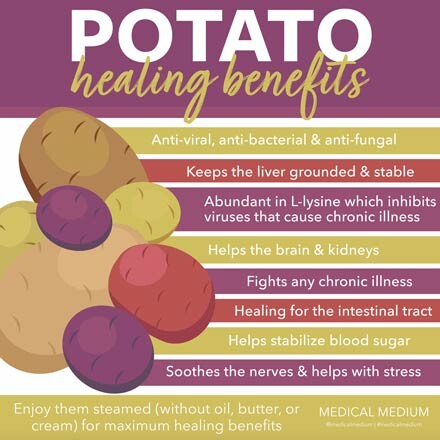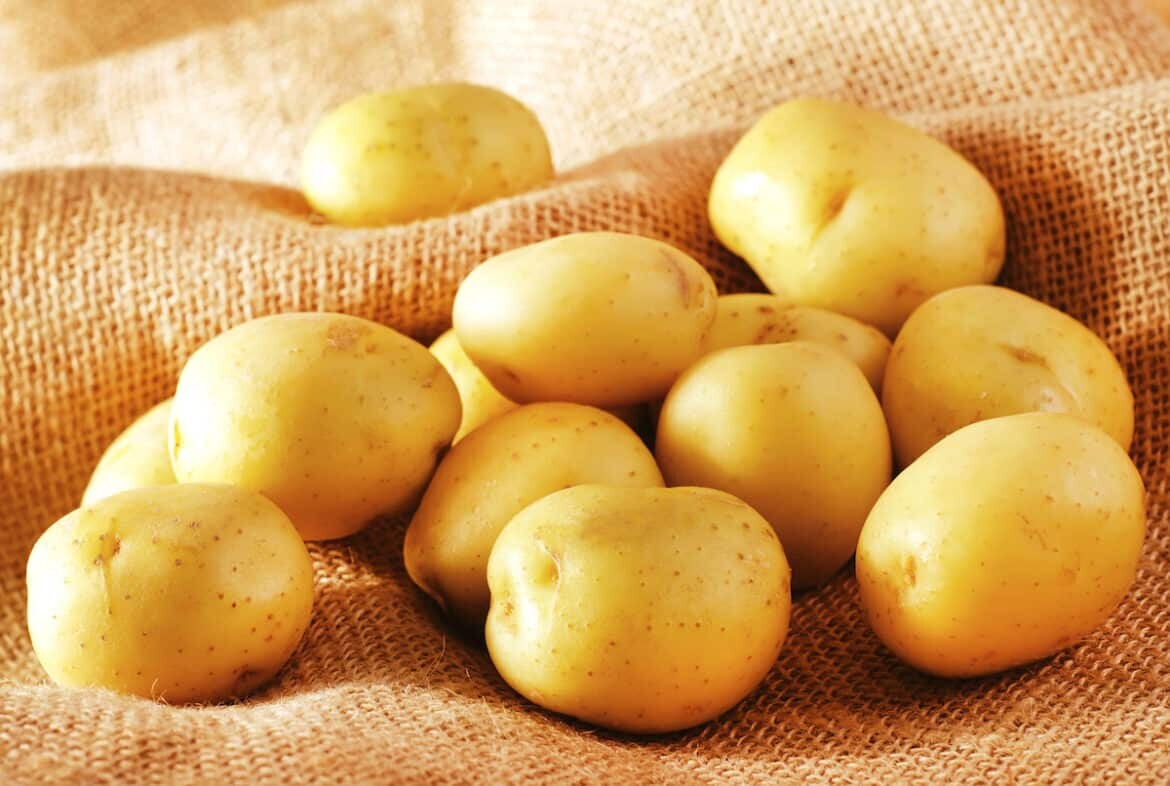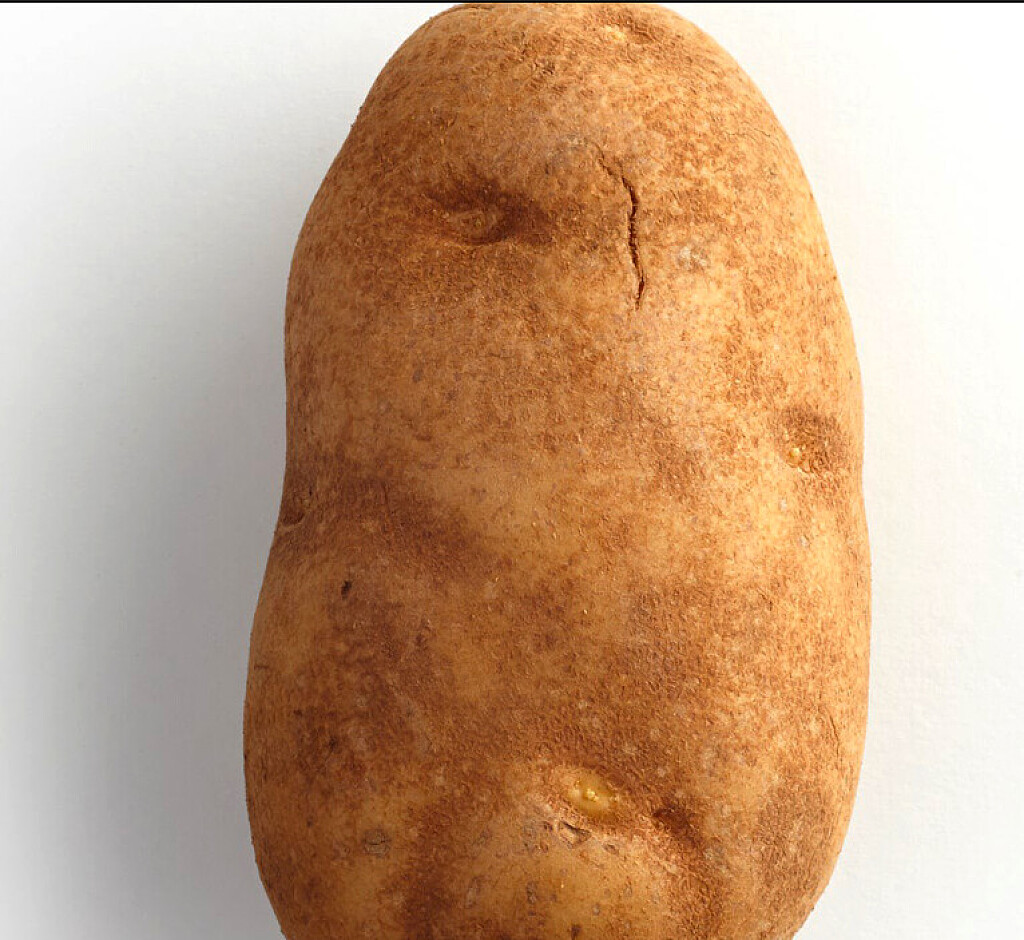Running News Daily
Running News Daily is edited by Bob Anderson. Send your news items to bob@mybestruns.com Advertising opportunities available. Train the Kenyan Way at KATA Kenya and Portugal owned and operated by Bob Anderson. Be sure to catch our movie A Long Run the movie KATA Running Camps and KATA Potato Farms - 31 now open in Kenya! https://kata.ke/
Index to Daily Posts · Sign Up For Updates · Run The World Feed
Potatoes Might (Someday) Be Your Recovery Savior
What athlete doesn't love potatoes? Regardless of how they're prepared - fried, baked, or roasted - these tubers have found their way into our hearts and stomachs to fill us up and replenish those glycogen stores like nobody's business. But potatoes are for more than carb-loading and delicious post-run treats. What if I told you these famous plants could do even more to help you achieve your personal best by assisting in muscle protein synthesis and recovery from exercise?
A new study suggests that potato protein might be just as effective as dairy proteins to kick-start the post-workout recovery process-but there's a catch.

The Ever-Changing Role of Protein
Amino acids serve as the building blocks of protein-determining the protein type and thus its characteristics and role within bodily functions.
Dietary proteins, like meat, soy, tofu, beans, and dairy products, are broken down during digestion into their amino acid components. The body utilizes these amino acids to support the growth, transport, and storage of nutrients, tissue repair, and the removal of waste deposits. This is why protein plays a critical role in the proper functioning of the muscles, bones, skin, hormones, and immune system.
Dietary Guidelines have evolved from limiting or promoting specific nutrients to emphasizing food patterns. Our grandparents centered entire meals around the consumption of protein, with meat taking up a significant portion of the plate. In contrast, the U.S. Department of Agriculture's (2011) introduction of "My Plate" now recommends the consumption of protein as a quarter-plate portion. More recently, the availability of a vast array of fruits and vegetables provides health benefits and flavor strategies to create a balanced and delicious menu that includes proteins in the appropriate amounts.
When it comes to protein for athletes, specifically, previous research has suggested that animal-based protein has a greater ability to stimulate muscle protein synthesis when compared to an equal amount of soy and wheat-based proteins. The lower anabolic response following the consumption of plant-based protein can be attributed to lower amino acid digestion and absorption combined with a fewer essential amino acid content from plant sources, specifically lysine and methionine.

However, this notion is based on a limited number of comparison studies, and doesn't necessarily apply to all plant-based protein sources. Researchers at Maastricht University (Netherlands) examined if consuming 30 grams of potato-derived protein concentrate following resistance training would increase muscle protein synthesis to the same level as the same amount of milk protein concentrate. With the outcry for additional plant-based dietary options, this study comes at an ideal time for those still wishing to build muscle with a plant-forward (pescatarian or plant-based) or even plant-exclusive (vegetarian or vegan) diets.
Potato Protein FTW
In this study, Pinckaers et al. used a randomized, double-blind, parallel-group design that included 24 healthy young males assigned to either consume a 400mL beverage containing 30g of potato protein concentrate or 30g of milk protein with 12 participants in each group. Double-blinding increases the rigor of the research, and means that neither the researcher nor the study participants knew which drink they were receiving after performing the same exercise protocol, outlined below:
The results supported the hypothesis that potato protein concentrate can strongly increase muscle protein synthesis in a similar way to the same amount of milk protein both at rest and in a recovery period from resistance training in healthy, young males.
The Catch
While this research is promising, you may not want to start substituting hash browns for your whey protein shake or chocolate milk just yet. For starters, the authors acknowledge the potential conflict of interest as the study was funded by the Alliance for Potato Research and Education (APRE), however, the organization insists they had no bearing on the design, results, or execution of the data analysis.
There are also several study limitations to consider. This study was performed on males (18-35 years) only, which may not be transferable to females and those of different age ranges (think: older).
But the biggest issue: Potatoes only contain 1.5 percent protein of their fresh weight (about 4.3 grams of protein for a medium-sized potato). It would require consuming almost seven medium-sized potatoes to provide enough protein to equal the equivalent of 30 grams of potato concentrate from juices that were used in this study. Granted, you're likely extremely hungry after your long run, but eating that many potatoes is a tall order, especially when considering the nutrients you'll need to obtain from other foods.
So why does this study matter? Because it opens the door for innovation. When plant-based proteins are separated and purified from the anti-nutritional factors that often limit their digestibility, the final protein concentrate allows absorbability at similar levels to those found in animal-based protein sources. We may see more isolated plant-based protein concentrates/isolates hit the market within the next few years as the research and call for options for plant-based athletes continues to increase. The researchers commented that additional studies to evaluate the dose-response and subsequent anabolic properties of various plant-based protein options during larger studies over a broad range of genders and ages will be necessary moving forward to evaluate potential benefits for athletes. But we might just see potato protein shakes as the hot new recovery trend in a few years.
by Trail Runner Magazine
Login to leave a comment




